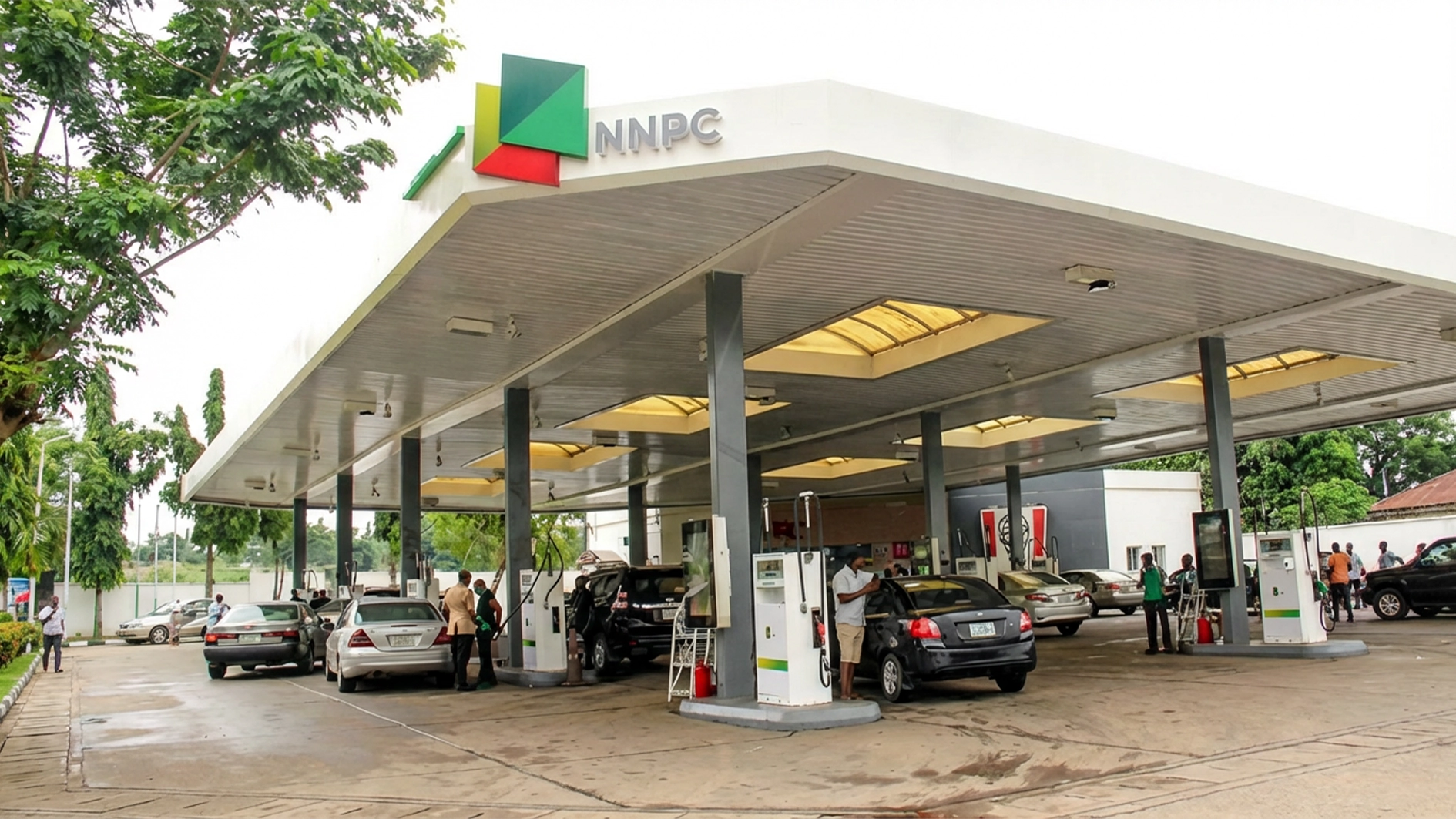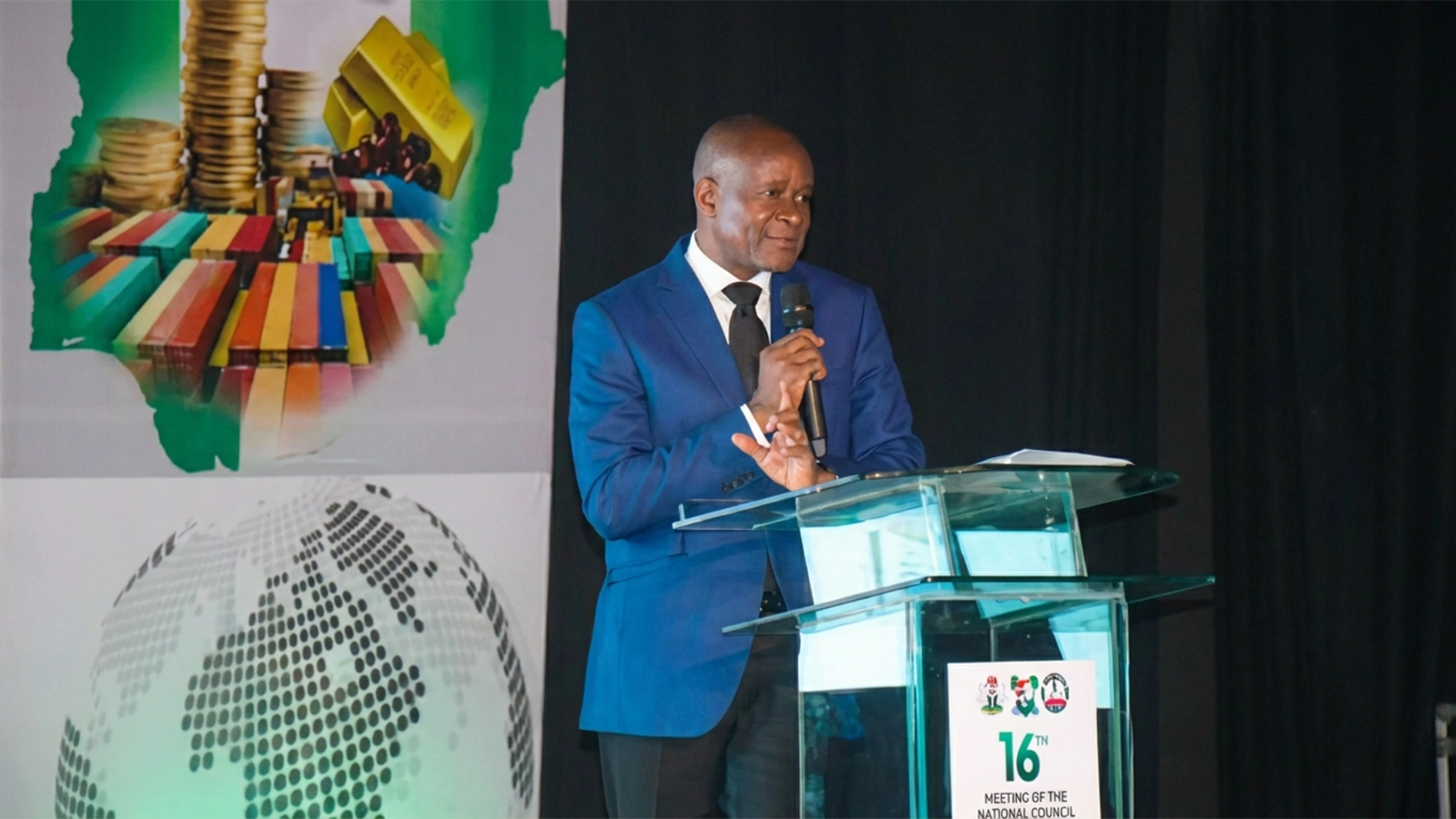International legal scholars and climate advocates have called for greater integration of women in clean energy policy development and implementation, stressing that achieving a just and inclusive energy transition in the Global South hinges on gender equality.
This was disclosed during an online workshop convened by the Committee on Women, International Law and Development of the International Law Association (ILA) Nigeria, themed “Energy for All: Bridging Gender Gaps in the Green Transition.”
The event also marked the official launch of a special issue of the Journal of Sustainable Development Law and Policy focusing on “Gender Justice and Energy Transition in the Global South.”
The journal was co-edited by Dr Pedi Obani and Dr Adenike Akinsemolu.
The publication offers fresh perspectives on how gender and energy justice intersect.
It was moderated by Committee Vice Chair, Titilope Akosa, a lawyer.
The webinar featured expert contributions from ILA Nigeria President, Prof Damilola Olawuyi (SAN); immediate past DG of the National Council on Climate Change Secretariat, Dr Nkiruka Maduekwe; and FCMB’s Head of Renewable Energy Unit, Ms. Chinma George, alongside other academic presentations.
In her welcome remarks, Dr Obani, an Associate Professor of Law at the University of Bradford, stressed that while women in Nigeria and the wider Global South bear the brunt of energy poverty, they remain vital drivers of sustainable innovation.
“Yet, structural and institutional barriers continue to limit their access to resources and decision-making,” she noted.
Obani, therefore, spotlighted the Committee’s broader work to advance gender inclusion in sectors like water, sanitation, and hygiene, and called for stronger collaboration to create equitable policies that serve all members of the society.
Delivering the keynote address, Prof Olawuyi decried the persistent underrepresentation of women in energy sector leadership and warned that the same pattern risks repeating itself in the green transition.
He, however, outlined five justice dimensions – cosmopolitan, procedural, reparative, social, and distributive as essential for a gender-aware transition.
“There is a clear and urgent need to mainstream a gender perspective in clean energy transition programmes and policies,” he advised.
He advocated tailored access to finance, technologies, training, and green entrepreneurship opportunities for women.
Dr Maduekwe emphasised that although women constitute over 70 per cent of off-grid energy users, they face limited access to affordable energy and are often invisible in climate narratives.
She proposed increased STEM education for girls, gender-focused legal reforms, and inclusive climate storytelling as pathways to change.
Ms George, who added a financial sector perspective, spotlighted FCMB’s initiatives to empower women through zero-interest green loans, financial literacy, and strategic partnerships aimed at bridging the gender gap in energy access and leadership.
Panellists and contributing authors highlighted solutions such as disaggregated data, training for policymakers on gender analysis, seed grants for women’s climate research, and inclusive constitutional processes.
ILA Nigeria, a chapter of the global International Law Association founded in 1873, continues to be a leading platform for advancing the study and practice of international law in Nigeria, with thematic committees driving dialogue, capacity building, and research across critical global issues.






